https://www.albayan.ae/middle-east-dialogue/2018-03-20-1.3214947
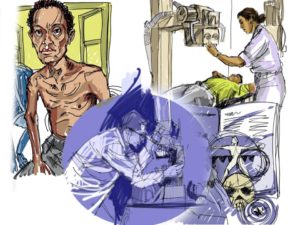



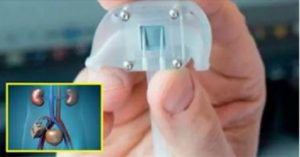
It’s not uncommon for the press to get hyped up before the long process of refinement and FDA approval. Let’s hope that this one moves along quickly — while demonstrating safety and efficacy.
https://www.troab.com/worlds-first-bionic-kidney-set-replace-dialysis-just-two-years
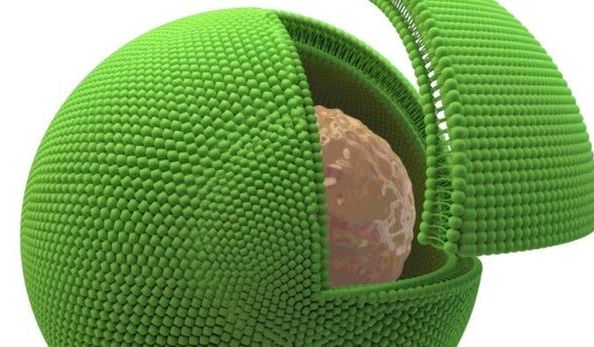
Sometimes I think I’m jumping the gun when speculating. Take this further, a better full body replacement?
The more we study natural biological cells, the more we learn about how to control them or build artificial versions. These independent avenues of study have huge potential, but also their limitations. Researchers from Imperial College London have worked out a way to borrow the strengths of each, fusing together living and non-living cells to create tiny chemical factories that might one day aid drug delivery.
In past work, scientists have packaged proteins and enzymes inside artificial casings to better treat conditions like cancer or diabetes. Rather than just using some natural parts, the Imperial College study instead wrapped entire biological cells inside artificial ones.
“Biological cells can perform extremely complex functions, but can be difficult to control when trying to harness one aspect,” says Oscar Ces, lead researcher on the project. “Artificial cells can be programmed more easily but we cannot yet build in much complexity. Our new system bridges the gap between these two approaches by fusing whole biological cells with artificial ones, so that the machinery of both works in concert to produce what we need.”

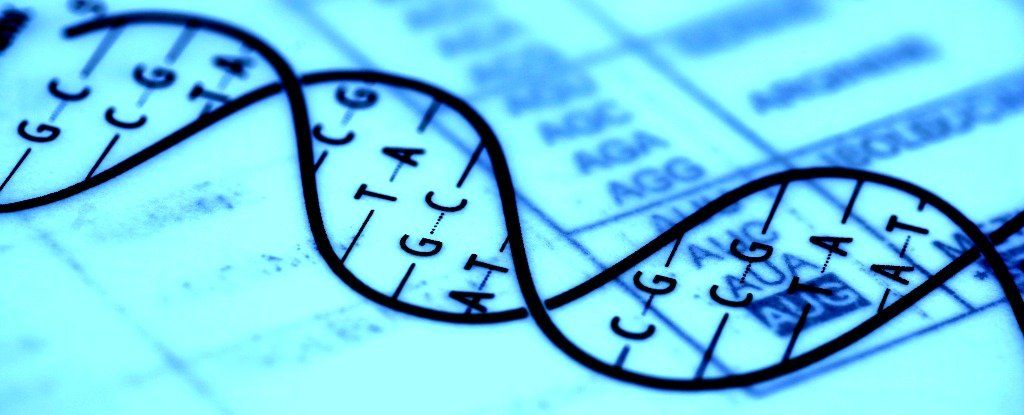
MhAX, or Microhomology-Assisted eXcision.
Gene editing has the power to completely reshape our world.
It promises everything from fixing the genetic faults that lead to disease, to destroying disease-causing microbes, to improving the nutrition of the foods we eat and even resurrecting extinct species like the wooly mammoth — all largely thanks to the genetic editing tool CRISPR, which has both popularized this work and made it possible.
Now, researchers in Japan have developed a new gene editing technique that uses CRISPR alongside a DNA repair system to modify a single DNA base in the human genome, with what the team’s press release calls “absolute precision.”
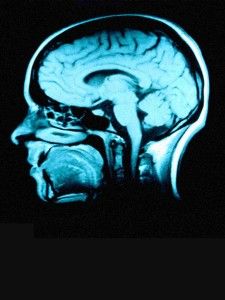
https://www.spreaker.com/user/thearseniobuckshow/interviewee-8-bioquarks-ira-pastor-on-st